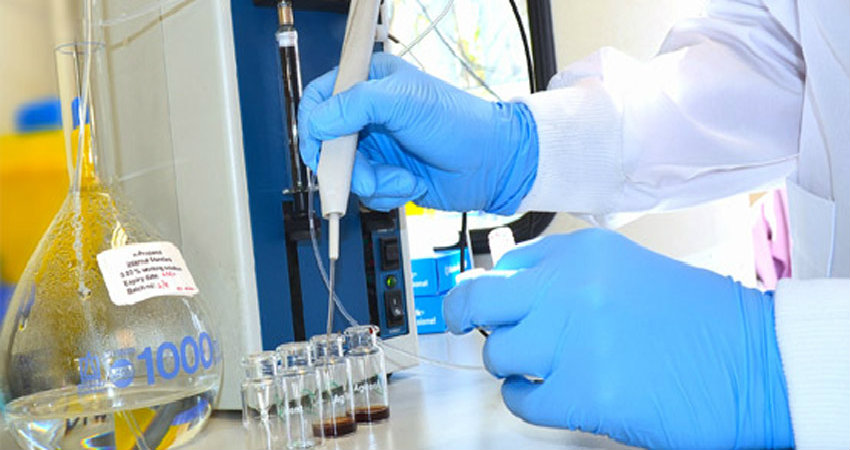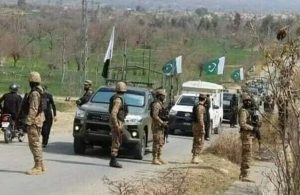SWAT (Online) – A new regional Forensic Science Laboratory (FSL) was inaugurated on Thursday by the FSL Director Muhammad Quresh Khan, UNDP Pakistan Country Director Marc-André Franche and the Ambassador of Switzerland Marc Pierre George.
According to a press release issued on Thursday, FSL was established with funding from the Government of Khyber Pakhtunkhwa, Switzerland and Netherlands and equipment, training and support from the United Nations Development Programme (UNDP) as part of its Strengthening Rule of Law in KP programme.
The UNDP project supported the construction of a new facility and refurbishment of an existing one in order to support the KP police force to improve its criminal investigations by using modern forensic techniques. Such support will ensure that cases are processed more quickly and also decrease the burden on the FSL in Peshawar.
The event was also graced with the presence of Senior Conflict Advisor at the UK Department for International Development Helen Lewis, the AIG Police Mian Muhammad Asif, the AIG Prisons Syed Muhammad Asif and the DG Prosecutor. Shafirullah and other senior officials.
“The Forensic Science Laboratory is an important milestone for UNDP Pakistan’s Rule of Law project,” said Country Director, UNDP Pakistan Franche.
“It ensures that the police have the capacity to conduct criminal investigations quickly using scientific rigour; this speeds up the disposal of cases, improves service delivery and builds trust in the police and the justice system.”
UNDP Pakistan procured laboratory equipment and consumables to bring the laboratory up to international standards. It arranged for specialized training for 14 personnel and 3 M.Phil through the Punjab Forensic Science Agency based in Lahore which is the only state-of-the-art facility in Pakistan.
In addition to the FSL, the Strengthening the Rule of Law project has provided support to the judiciary, promoted alternative dispute resolution, provided capacity support to the police and prosecutors as well as supported legal aid and citizens’ access to justice.
One of the project’s key initiatives is to support women in the practice of law which has led to an increased number of women who are now licensed to practice law and provide legal aid.
“The Rule of Law project has already reduced the backlog of cases, helped ensure that even the poorest have access to justice, and rebuilt some of the trust in legal institutions which was sorely lacking,” said Franche.
“The rule of law is absolutely fundamental to a peaceful, representative society, in which all citizens, even the most marginalized, know that they have access to swift, effective and transparent legal services, and we are exploring avenues for further support for this important cause in KP province.”













